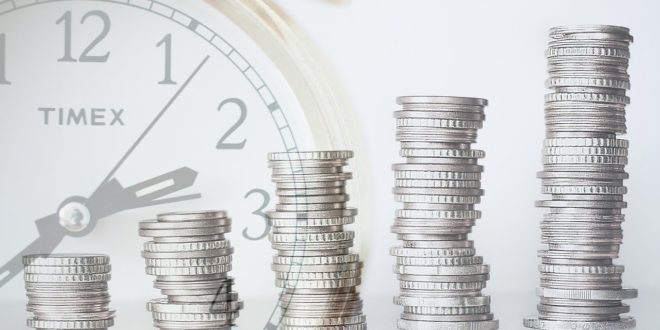COVID-19 has caused a significant downturn in economies around the world, impacting the personal finances of millions worldwide. This, in turn, has had a major effect on P2P lending. In fact, many P2P investors have made the equivalent of a bank run on P2P platforms to recover their funds, leading to liquidity problems for many P2P platforms. At the same time, other platforms have simply shut down operations until the pandemic has passed, locking up millions in investor funds. There are also many selling their P2P investments at considerably discounted rates, decreasing their returns and opening an opportunity for others to take advantage of impulsive decision-making to increase their own returns.
As for how well investments are actually doing, it is dependent on the type of lending invested in. Investments in consumer loans bear some risk as there is an overall decrease in consumer spending and there are likely to be some issues with delayed repayment and higher default rates. At the same time, this risk is widely considered to be minimal in the long term. Real estate loans, on the other hand, are much less risky as they are secured by mortgages. Business loans, however, are much trickier to determine as COVID-19 is impacting businesses very differently depending on the type and location of each business. As such, investments in business loans could be either a high-yielding venture or result in a total loss.
In the end, the full impact of COVID-19 on P2P lending remains to be seen, but it seems likely that those that are best positioned are those with a well-diversified P2P portfolio.
 BFC Bulletins Monthly News Digest
BFC Bulletins Monthly News Digest




